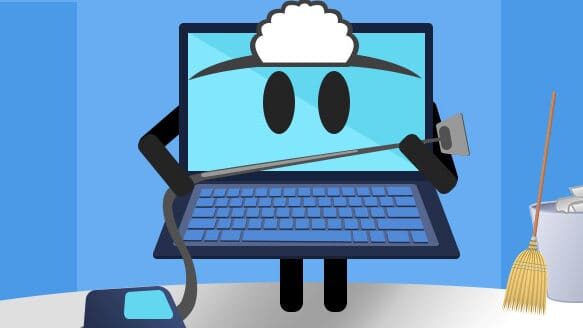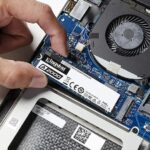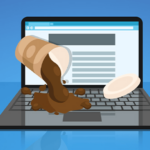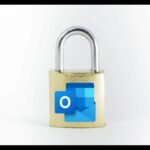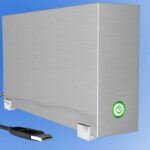Running the Best Security Software
Most computers today run at least some form of basic antivirus. Sometimes, that antivirus software actually expired a long time ago and despite alerts from the computer, many people don't do anything about it until they get infected!
In the modern day, threats have evolved to be more sophisticated, more damaging, and much more common. Ransomware, malware, phishing, and zero-day attacks all work to attack unpatched systems without strong security.
Clean Up Files
Cleaning up unnecessary files is the number one way to gain additional storage space on a typical device. It's cost-effective without any extra hardware purchases too.
Almost all computers have files hanging around from old software, data or applications they no longer need. Just like tidying the spare room or de-cluttering the kitchen, clearing files off your desktop and organizing your emails will leave your computer feeling refreshed and new again.
Restart Your Computer
Fully shutting down a computer and rebooting can take time. When you are watching the clock, waiting to start a task or get work done, it can feel like an eternity. Most of us enjoy simply opening the lid or powering on the screen to have everything ready to run.
At times, a computer may not be fully restarted in weeks or even months. Our poor habits can cause issues with running software and the operating system too. Hardware updates, security patches, and critical updates often wait for a reboot before they install. Waiting too long can leave security flaws open and the system vulnerable to attack.
Merely performing a reboot every once in a while can secure your system and help get rid of software problems. Often updates prevent new issues from cropping up too.
Use A Password Manager
Hacks of large institutions and popular websites are frequently in the news today. Almost every month a major service reveals they have been hacked, their database compromised, and their customer credentials have been stolen.
For this reason, it is very unwise to use the same password to access multiple websites. This can be a challenge for many. It's clearly impossible to remember a unique and secure password for every site you visit. We recommend using a password manager that can store and recall your passwords for you.
A good password manager relies on just one, very secure, remembered password to safeguard an encrypted database of all your login credentials. The password database is often stored in the cloud for access from all your necessary devices. A manager can typically assist in creating a strong, secure password for each of your accounts too.
Using a good password manager and unique password for every site protects you against the attacks commonly in the news. Hacks compromising major services from your providers will be powerless against directly affecting your other accounts and services.
Keep Your Computer Away from Dust
Dust, hair, and household debris are one of the major causes of premature death for computers. Fans, used to cool components, suck in house dust as well as the air they need. This dust often clogs up the inside of the device and overheats internal components.
If possible, keep a tower PC off the carpet, don't run your laptop sitting on the floor, blanket, or soft furnishings. Cleaning out your device is as good a resolution as any, and there's never a better time than now.

